
Gen Z and Gen Alpha want brands that understand their passions
Understanding where young audiences spend their time is helpful but understanding passions forms deeper brand audience relationships.
Is your brand a good role-model?

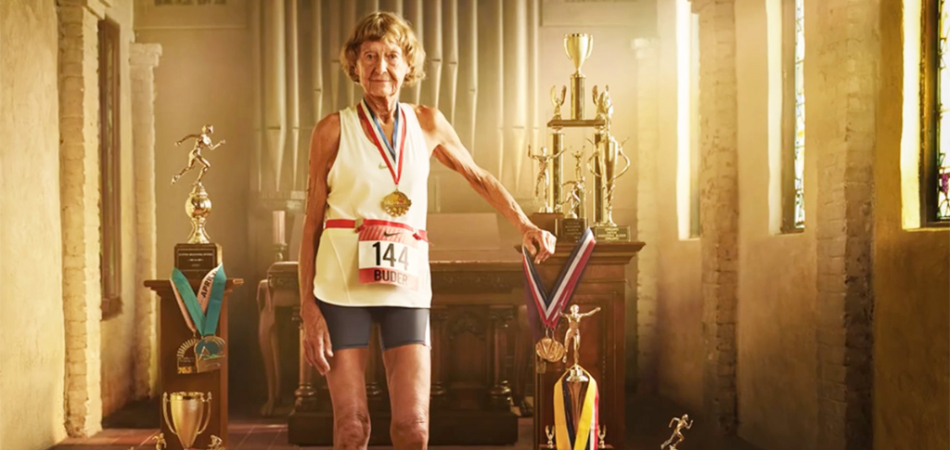
Last month Pirelli previewed behind the scenes shots of their new 2017 calendar. Previously known for images of nude models, last year the calendar took a new direction when photographer Annie Leibovitz shot 12 studio portraits of women renowned for their work in diverse fields—including comedy, sports, philanthropy and art.
The pressure for brands to reassess their definition of beauty and strength has seen marketing take on new and interesting creative directions. Having diverse role-models is so important, the more we see, the more we feel inspired.
Nike’s recent Unlimited campaign, stared Olympian Chris Mosier, Team USA's first openly transgender competitor. "Everything that I've done in the last five, six years since I started to transition, has been with [a] 'Just Do It' mindset," said Mosier. A second Unlimited ad follows the training of 86-year-old nun Sister Madonna Buder. She’s completed over 45 Ironman triathlons, and doesn’t intend to stop now. These role-models are inspiring in a way that goes beyond their athletic ability. A mental drive and determination, an attitude that supports the Nike proposition that everyone who has a body is an athlete.
It’s just as important that our scripted characters make good role-models too. Whether it’s changing nappies or flying to the moon, brands have a responsibility to demonstrate the value in all jobs and portray a full cross-section of society.
Read on for brands using role-models to inspire behaviour change.
Traditionally in India women have two jobs, one in the office and one in the home. A study found that 73% of women felt that men preferred relaxing than helping with household chores. As the leading detergent brand in the country, Ariel decided to address this inequality.
They launched their new campaign Share The Load by asking if laundry ‘is laundry just a women’s job?’ The question was picked up by the media and provoked a national debate.
To bring the conversation in-store and into the home, Ariel deigned the His and Her pack, encouraging both genders to use the product.
Next they turned to the wash care label found in clothing. Alongside standard washing symbols they created an icon that showed the item could be washed by a man or a women. Leading designers and manufacturers got involved, incorporating the new label into their garments.
In a landmark move Ariel tied up with matrimonial websites where millions of marriages are arranged. Willingness to ‘share the load’ was introduced into the matchmaking part, consequently millions of men pledged to share the load.
Agency: BBDO India
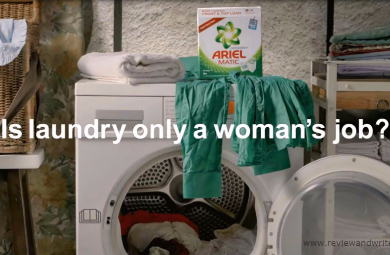
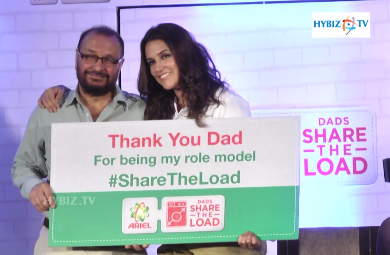
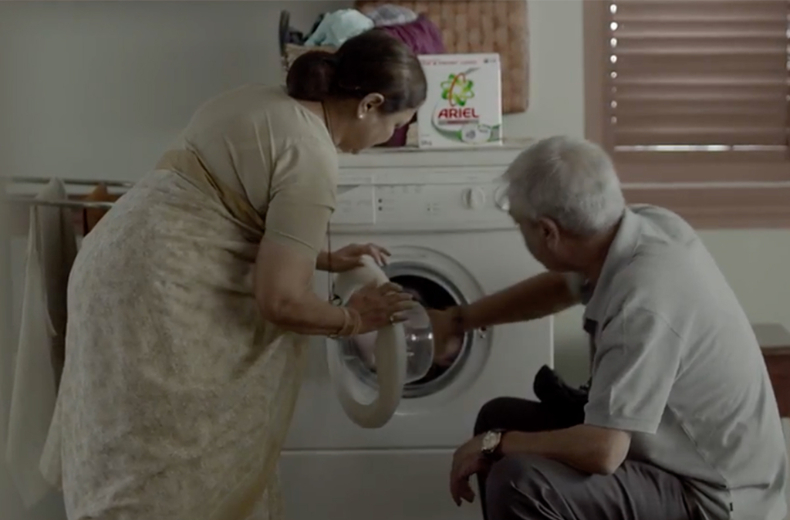
In a campaign celebrating diversity, L'Oréal Paris changed its tagline from 'Because you're worth it' to ‘Because we are all worth it.’ The ad promotes the brand’s new True Match foundation range, which covers 23 different tones and claims to match 98% of UK skin tones. #YoursTruly features 23 ambassadors that appeal to a diverse audience, such as model and campaigner Katie Piper, fitness vlogger and TV host AJ Odudu, and singer and longstanding brand spokeswoman Cheryl Fernandez-Versini. It also includes the first man to ever star in a mass-market cosmetics ad.
Agency: McCann, London
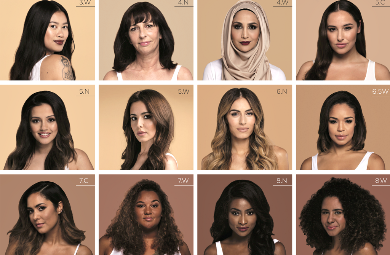
Research found by Pantene showed that daughters who spend quality time with their dads grow up to be more self-confident, self-reliant and successful in schools. In light of this they created a campaign that Vogue described as “the most adorable Superbowl ad”. A 60 second spot showed famous football players attempting to style their daughters’ hair. The ‘Dad-Do’ became a new way for dads to spend time with their daughters. A TV ad was supported by online style guides, physical Dad-Do style kits and Dad-Do pop-up salons. The how-to videos received over 45 million views and #DADDO achieved 250 million social impressions.
Agency: Grey, New York
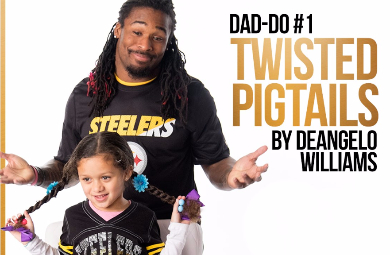
Women make up half the population, yet only 7% of US patents are held by them. So for International Women’s Day Microsoft made an ad that highlighted the achievements of female inventors. From brake pads to satellite propulsion, the film celebrated all things woman-made. They didn’t stop at the TV ad; Microsoft encouraged girls to #MakeWhatsNext with their new Patent Program. The program offered guidance to young female inventors and the funding to file a patent. Applicants could also be connected with female tech role-models at SXSW to help make their ideas a reality.
Agency: McCann, New York
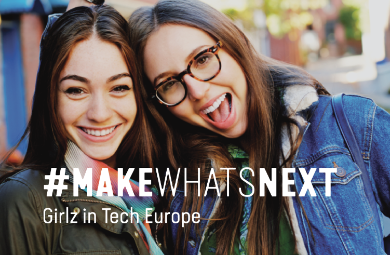
Looks like you need to create a Creativebrief account to perform this action.
Create account Sign inLooks like you need to create a Creativebrief account to perform this action.
Create account Sign in